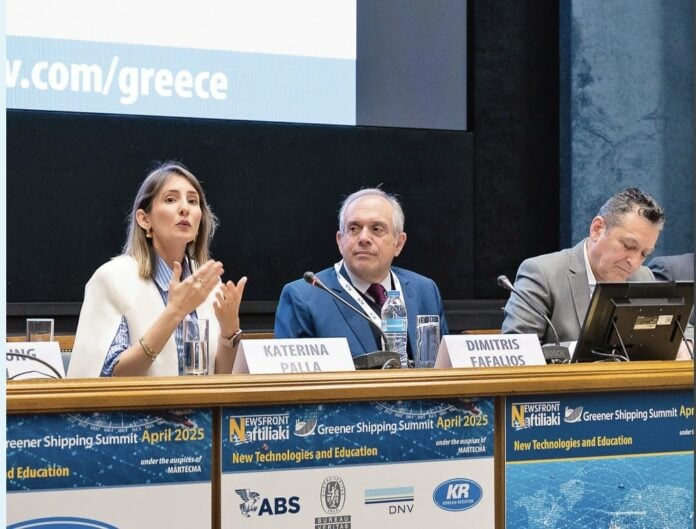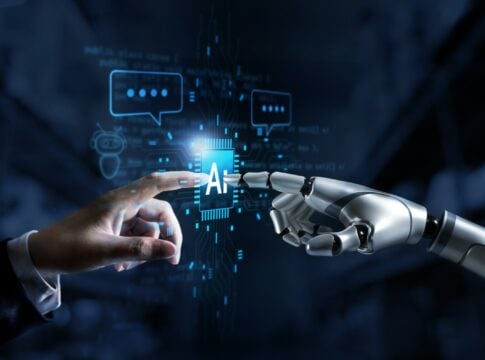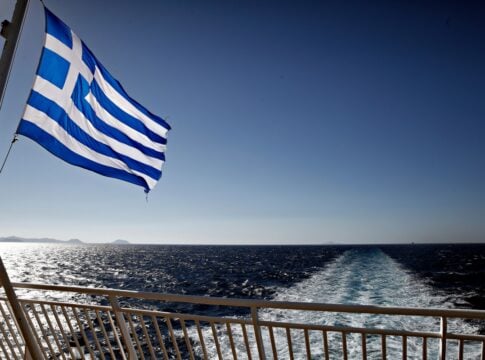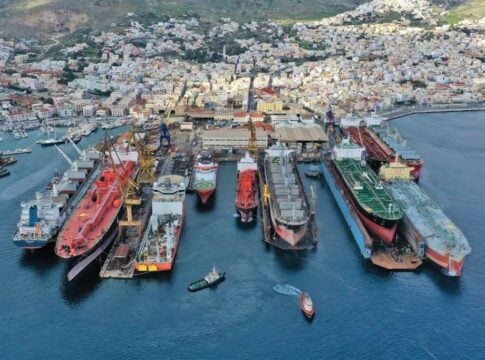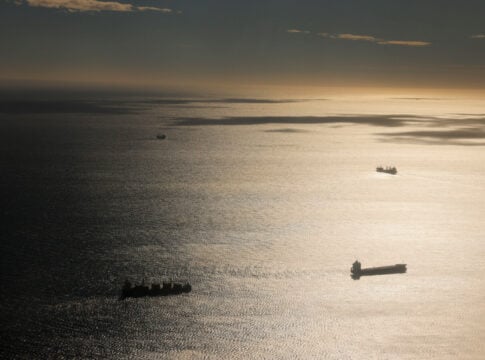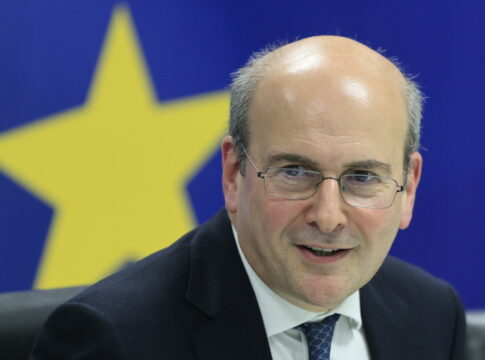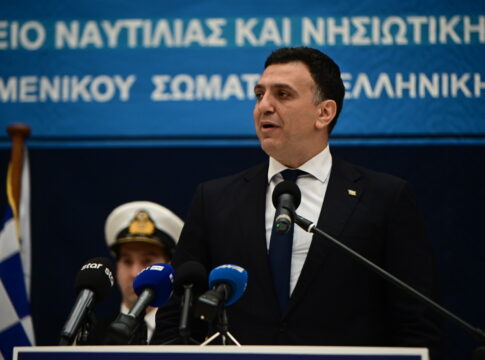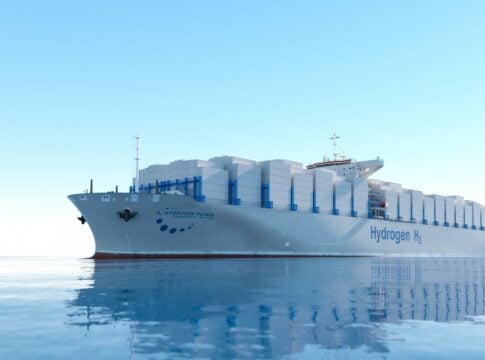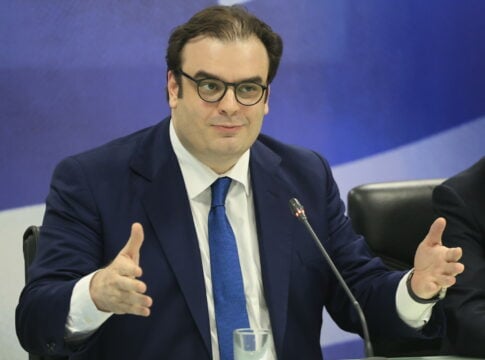A call for immediate action, due to the EU regulations on the Emissions Trading System (EU ETS) and FuelEU Maritime, as well as the expected medium-term measures of the IMO, was addressed by Dimitris Fafalios, Secretary of the Board of Directors of the Union of Greek Shipowners and Honorary President of Intercargo, in the context of the 18th Greener Shipping Summit.
At the conference held at the Eugenides Foundation in Athens, Fafalios pointed out that “the successful transition to new technologies and alternative fuels depends on the comprehensive retraining of seafarers and shore-based personnel,” adding that “seafarers must acquire the necessary skills, knowledge and experience to operate advanced technological systems and safely manage new fuels.”
Fafalios stressed that “the just transition of shipping to decarbonization must put seafarers at the heart of the process”, calling on stakeholders, in particular the IMO, governments, shipowners and maritime training providers, to work together to ensure upskilling and retraining opportunities for seafarers worldwide.He also said that seafarers and ship managers need training to mitigate risks, as cyber threats are a growing concern, while he underlined that with the rise of Artificial Intelligence (AI), machine learning and digital twins, the industry must ensure that these complement human expertise rather than replace it.
Speaking about the future of shipping, he stated: “The opportunities are abundant: Increased safety, better living conditions on board, improved education and health support, as well as increased efficiency lead to reduced emissions.”
Continuous technological leaps in the shipping industry have led to the learning of new techniques – in hard and soft skills -required for the training of seafarers and others involved in the shipping industry.


